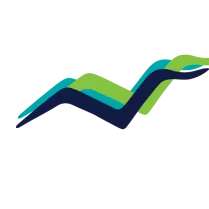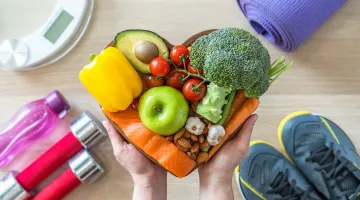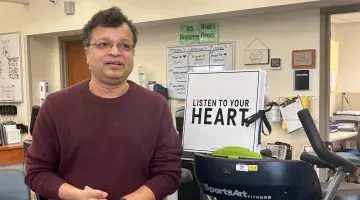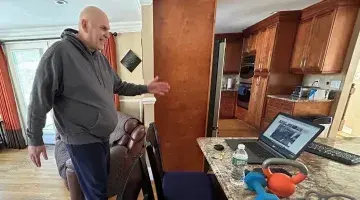Support Group Offers Stroke Patients Advice and a Welcoming Community
Author

South Shore Health
“We each have our own goals, but we come together as friends to support and give each other advice,” said Janet Shaughnessy, a participant of South Shore Health’s stroke support group.
In 2002, Shaughnessy suffered a stroke when driving home from physical therapy. She received emergency medical treatment but sustained neurological damage that tensed the left side of her body. “Just as in a hurricane when communication systems get knocked out and damaged, this is what was going on in my brain,” said Shaughnessy.
Daily life had become challenging, but she was intent on improving her quality of life by researching supplementary therapies. “My computer became my best friend and link to the outside world. I researched past and current therapies, and tried many different practitioners,” said Shaughnessy.
After months of research, she discovered Hannah Somatics: a supplementary therapy focused on neuromuscular movement reeducation. Conducted by certified therapists, Hanna Somatics is the slow-repetitive stretching of tense muscle groups to reduce pain and improve motion. “He went finger after finger, flattening them all out. He then uncurled my lower arm and stretched it out fully. It was like magic, a switch had turned on in my brain, and I could feel the sensations,” said Shaughnessy.
At the age of 72, she credits Hanna Somatics with reducing the severity of her sensory motor amnesia and improving her quality of life. The therapy helped her greatly, and she wanted to bring recognition to the alternative medicine by sharing her experiences through writing and participating in South Shore Health’s stroke support group.
“It was a goal to try and get my information out to help other people, so they didn’t have to struggle as hard. I tried a lot of different healing methods, but only one moved me beyond my former state of Sensory Motor Amnesia,” said Shaughnessy.
South Shore Health’s stroke support group “gives patients the ability to learn tips and tricks on how to recover from their stroke and provides them a sense of community,” said Cayla Dube, a physical therapist at South Shore Health’s inpatient physical therapy department.
Stroke support group participants are given tips on how to improve their health and lifestyle, through advice shared by peers and guest speakers.
“We’ve had dietitians, pharmacists, neurology doctors, and people from the brain injury institute give participants information on the services we provide and how to live a happy and healthy lifestyle,” said Dube.
Recovering from a stroke can be difficult, but “it’s important to remember that you’re not alone,” said Shaughnessy, “everybody has tips and stories, and out of that there’s this help.”
South Shore Health’s stroke support group meets on the third Thursday of every month. For more information, please click here.
Author

South Shore Health






